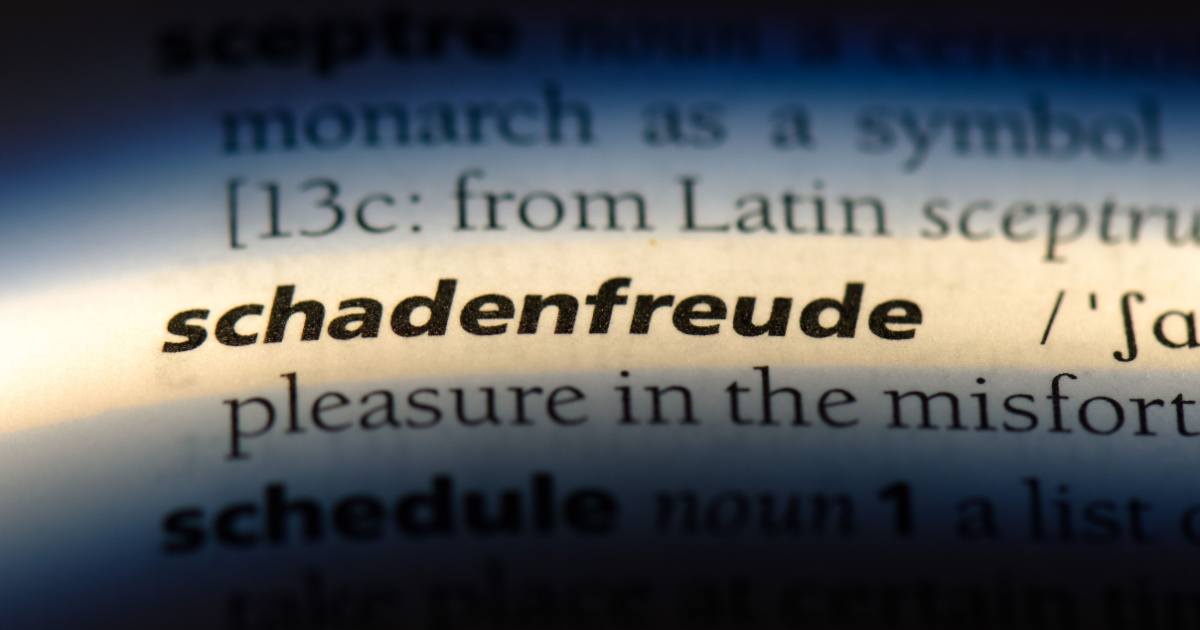Pronouncing words in English isn’t always clear. Unlike languages like French or Spanish, where there’s an even relationship between word spelling and pronunciation, English can be a bit more difficult with some of the hardest words to pronounce. In technical terms, English doesn’t always follow a strict likeness between its writing units (graphemes) and sounds (phonemes).
Read: Expert Says Teaching Swear Words To Your Kid Is Actually A Good Thing
There are a couple of reasons for this complexity
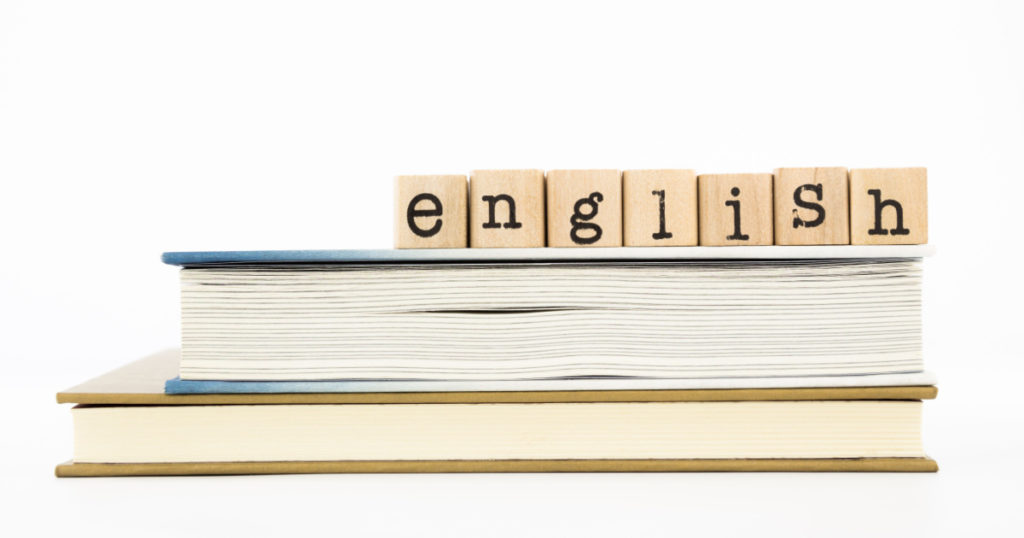
English is a rich mix of loanwords borrowed from various languages, each with its unique pronunciation rules. Additionally, English spelling wasn’t standardized until relatively recently in its history. For both native English speakers and English language pupils, there are indeed words that pose pronunciation challenges. To help you steer these linguistic hurdles, we’ve gathered a list of 31 of the most hard-to-pronounce words in English, ranging from A to W… or, rather, from A to W for now.
Here are some of the hardest words to pronounce in the English language:
1. Accessory:
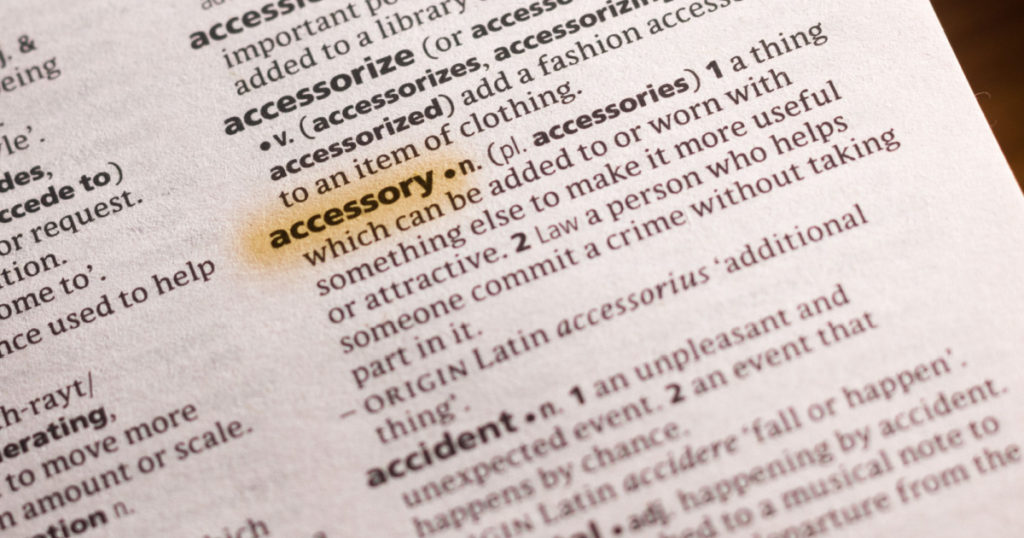
The presence of the double ‘C’ in the word ‘accessory’ is what makes it hard to pronounce. Many people are tempted to replace one of the ‘C’s with an ‘S’ sound. However, it’s important to note that each of these ‘C’ letters represents a distinct sound – one is a “hard C,” and the other is a “soft C.” With this in mind, ‘accessory’ is correctly pronounced as [ak-ses-uh-ree].
2. Anemone:
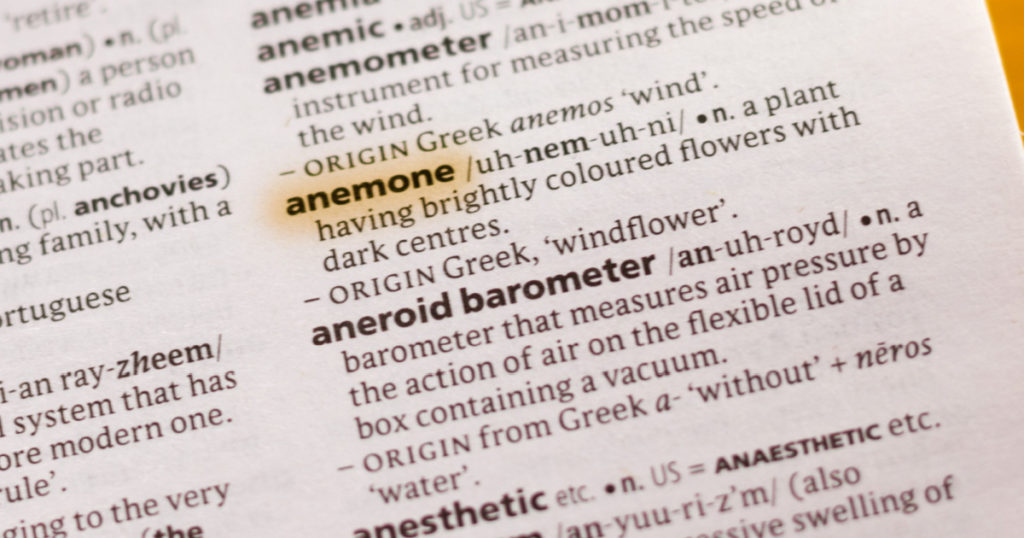
Pronouncing ‘anemone’ can be quite a puzzle; it was even featured as a comic reference in the popular Pixar film, Finding Nemo. The word’s complexity lies in the profusion of ‘M’ and ‘N’ sounds and the ‘uh-nee’ ending, which might seem as if it should rhyme with the number ‘one.’ Nevertheless, this word does have a specific rhythm that can aid in its correct pronunciation: [uh–nem–uh-nee].
3. Choir:
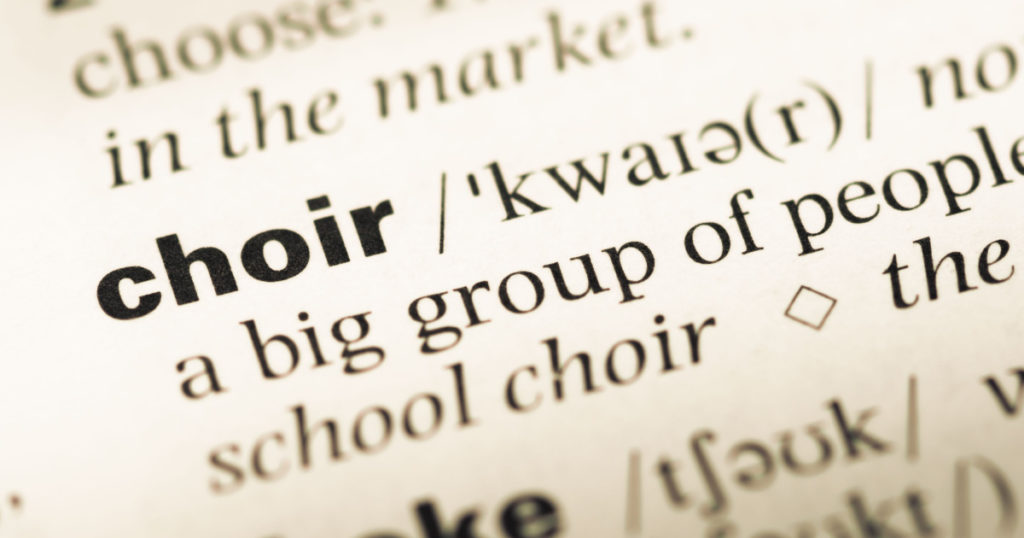
While it may be tempting to pronounce the ‘CH’ in ‘choir’ as [ch], that would be inaccurate. The word ‘choir‘ is, in fact, pronounced as [kwahyuhr]. An archaic and, regrettably, obsolete spelling of this word is ‘quire,’ which more accurately represents its pronunciation.
4. Colonel:

The term ‘colonel’ entered the English language through French, where it was originally spelled ‘coronel.’ Due to historical reasons, as detailed in our entry for the word, the ‘R‘ was eventually replaced with an ‘L.’ With this in mind, ‘colonel’ is still pronounced as [kur-nl].
Read: Kate Middleton Uses Code Words In Public To Let Her Children Know They’re Misbehaving
5. Coup:
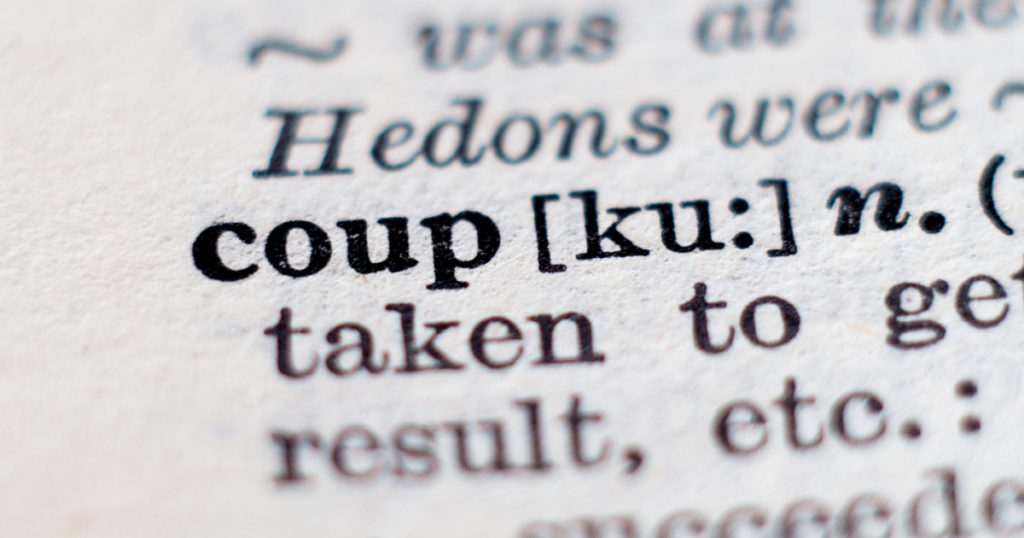
This word has French origins, which can sometimes complicate pronunciation for English speakers. In French, the letters “-oup” at the end of a word are pronounced as [oo]. When we borrowed this word from French, we also adopted its pronunciation. Therefore, the correct way to pronounce “coup” is [koo].
6. Epitome:
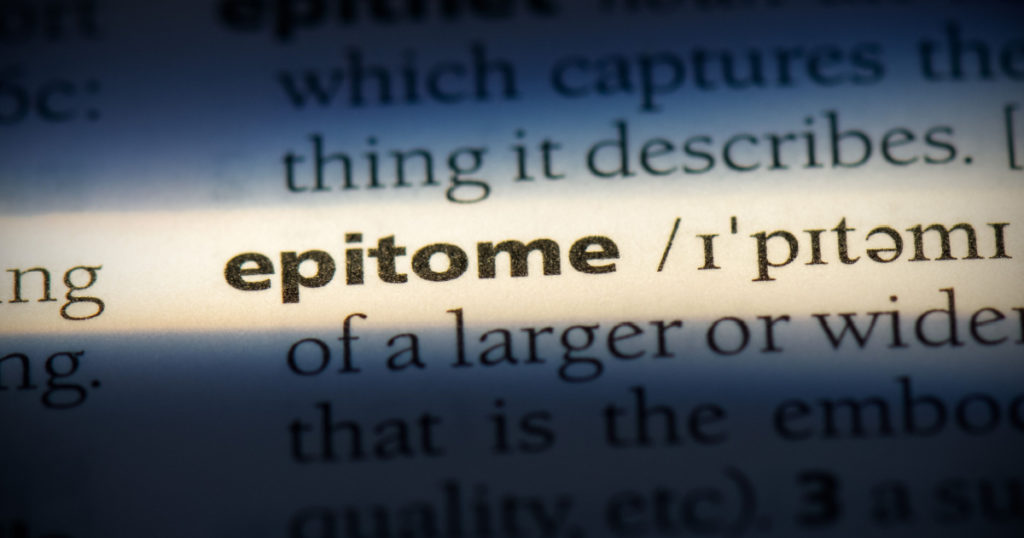
In English words borrowed from Greek, it’s common to pronounce all the vowels. This practice applies to the word “epitome,” which has its roots in the Greek word “epitomḗ.” Unlike many English words where the final “-e” is silent, “epitome” is pronounced as [ih-pit-uh-mee].
7. Espresso:
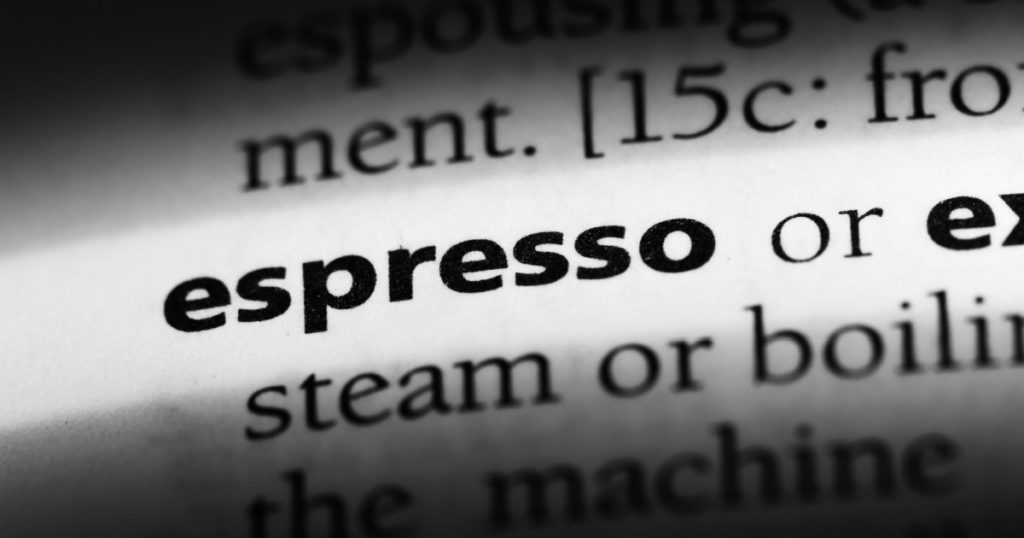
For coffee fans, the pronunciation of “espresso” can be a point of correction. While it may be tempting to replace the first “S” with an “X” sound, as “ex-” is a common prefix in English, the word “espresso” actually comes from Italian. It’s correctly pronounced as [e-spres-oh].
Read: Creative Teacher Gives Anatomy Lesson in Full-Body Suit That Maps Out The Human Body in Extreme Detail
8. February:

The word “February” is often pronounced as if the first “R” is not present, like [feb-yoo-er-ee]. This pronunciation is correct because “R” and “Y” sounds are closely related. However, it’s also correct to pronounce the “R,” as in [feb-roo-er-ee].
9. Hyperbole:
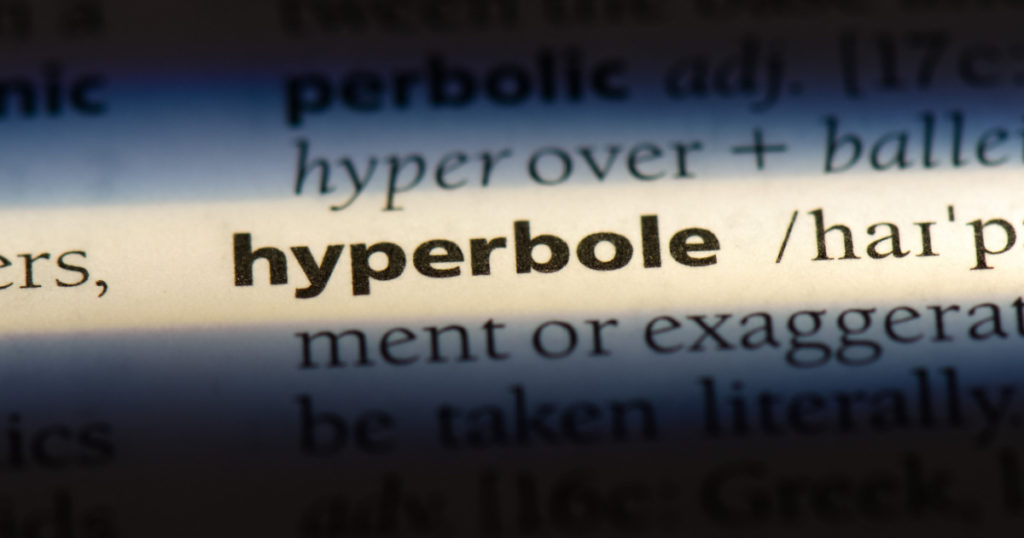
Similar to other words borrowed from Greek, the final “-e” in “hyperbole” is not silent. The word “hyperbole,” derived from the Greek “hyperbolḗ,” is correctly pronounced as [hahy-pur-buh-lee].
10. Isthmus:
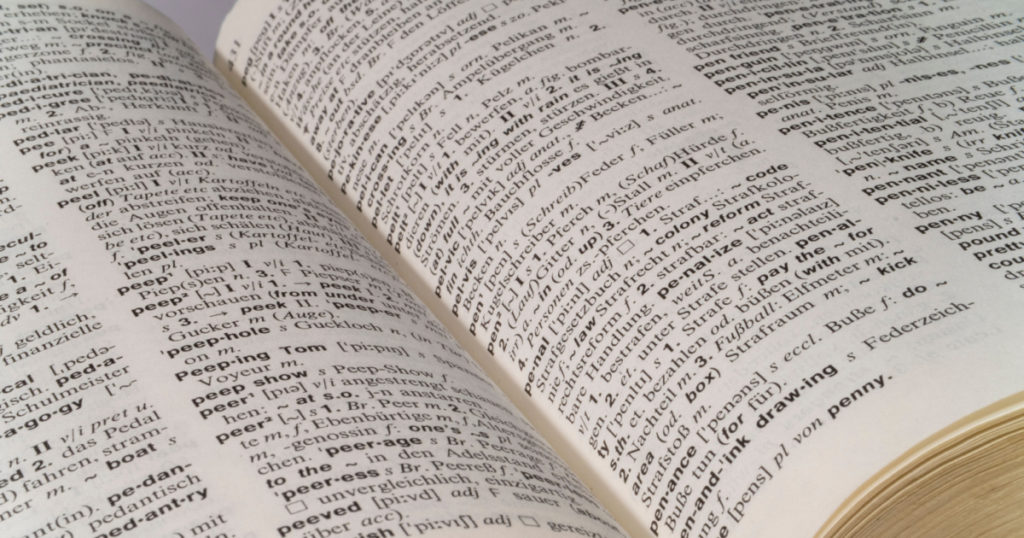
The word “isthmus” can be hard to pronounce because most English speakers might be tempted to pronounce the “TH.” However, in this case, the “TH” is silent, making the correct pronunciation [is-muhs]. Another word with a similar silent “TH” is “asthma” [az-muh].
11. Jalapeno:
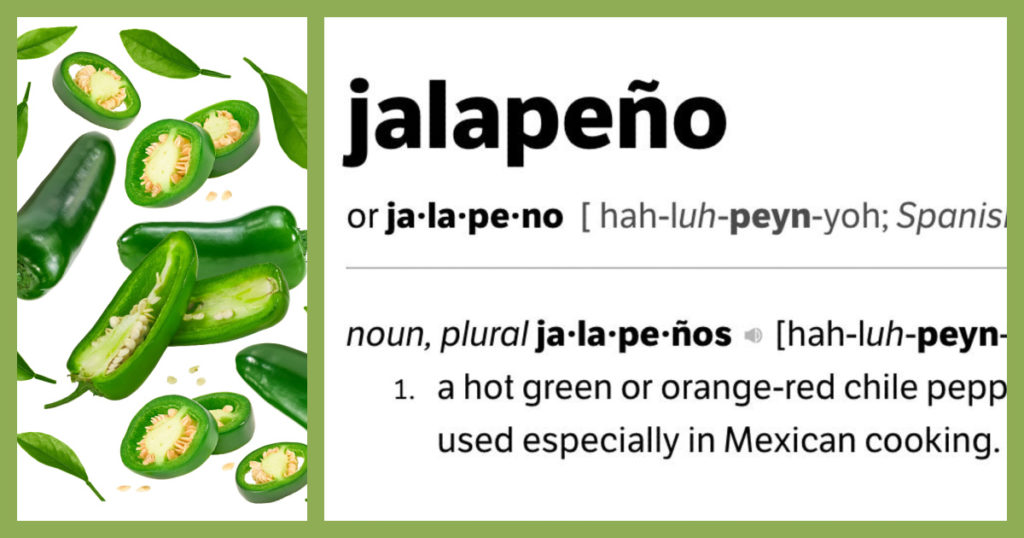
The word “jalapeno” is pronounced as /ˌhɑləˈpeɪnjoʊ/ or ha-luh-pain-yo. It refers to a small green or red pepper often used to add spiciness to various dishes. The correct pronunciation of this word helps describe a popular ingredient in many cuisines.
Read: The Words That Reveal The End Of A Relationship, Months Before It Happens
12. Juror:
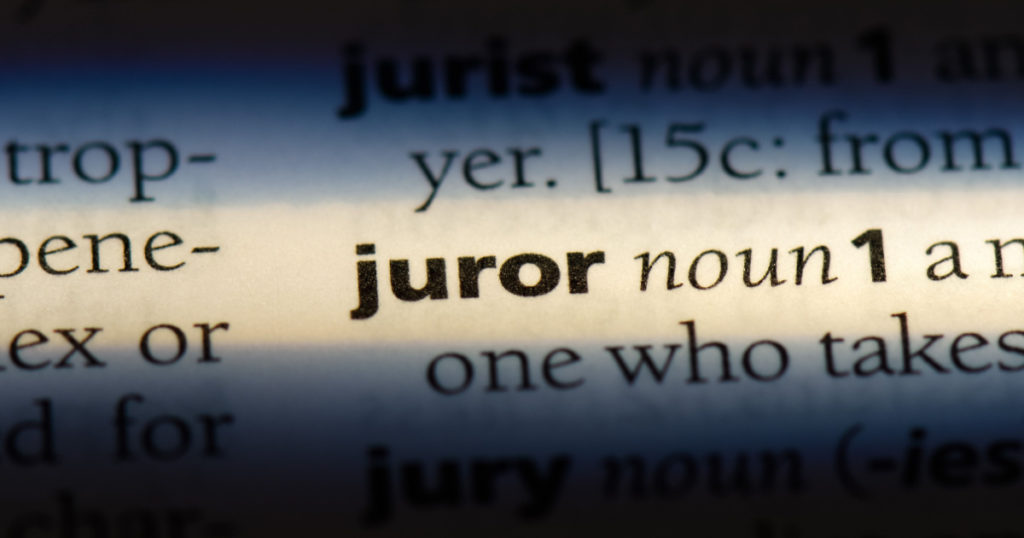
The pronunciation of “juror” applies the tricky English “R” sounds. It can be pronounced as [joor-er] or [joor-awr]. Mastering English “R” sounds takes practice, and exercises like tongue twisters can be helpful.
13. Lackadaisical:

The word “lackadaisical” is pronounced as /ˌlækəˈdeɪzɪk(ə)l/ or lack-uh-days-ih-cuhl. It describes doing something in a lazy or indifferent manner. Accurate pronunciation is important for getting the meaning of this word across, which suggests a lack of zeal or effort.
14. Library:

The “R” sound in “library” can be challenging for some, leading to the temptation to insert a [er] sound as in [lahy-ber-er-ee]. However, the word is correctly pronounced with three syllables: [lahy-brer-ee].
15. Mischievous:

The endings “-ie” and “-ous” in “mischievous” might make people think there are [ee] sounds in the word, such as [mis-chee-vee-uhs]. However, the word is pronounced with three syllables, without any [ee] sounds: [mis-chuh-vuhs].
Read: 50 Of The Most Awesome Teachers Ever
16. Murderer:
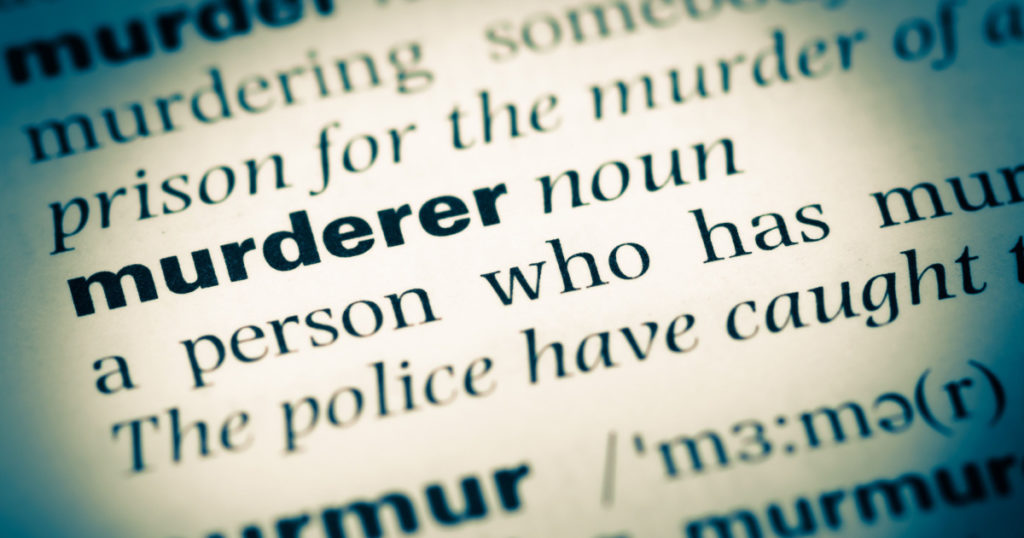
With its three “R” sounds, “murderer” can be particularly hard to pronounce. The word is pronounced as [mur-der-er].
17. Niche:
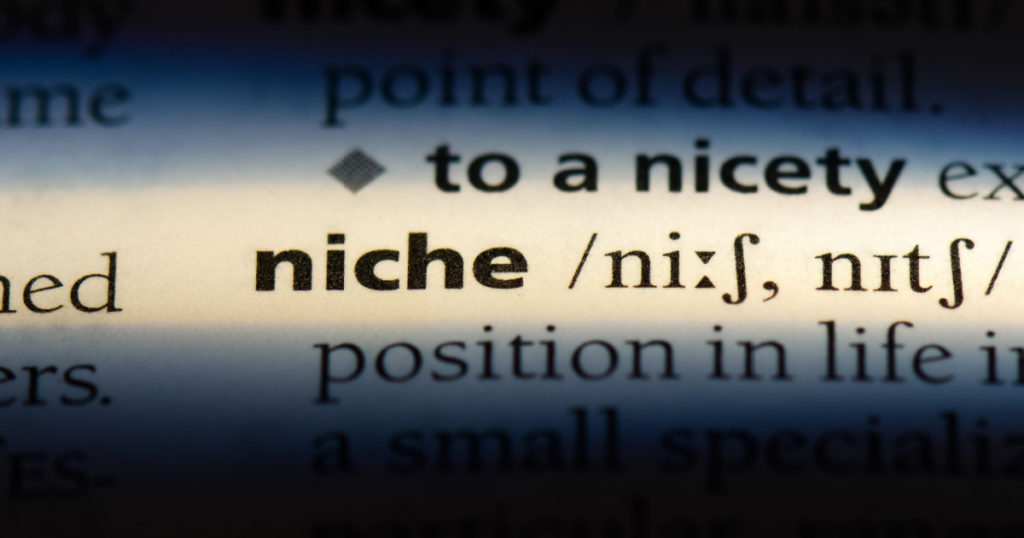
The word “niche” is pronounced as /nɪtʃ/ or “neesh.” It refers to an activity or role that you are good at and is well suited to your abilities and interests. Both pronunciations are widely accepted, and they describe finding a specific area or field that fits you well.
18. Nuclear:
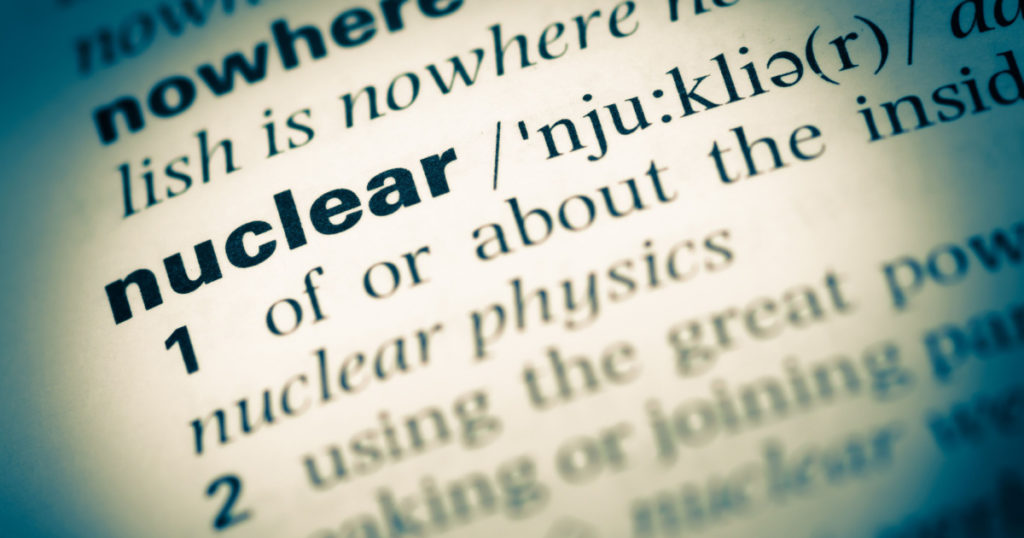
Many people add an additional [yoo] sound to “nuclear,” but it is pronounced with a single [oo] or [yoo] sound: [noo-klee-er] or [nyoo-klee-er].
19. Nuptial:
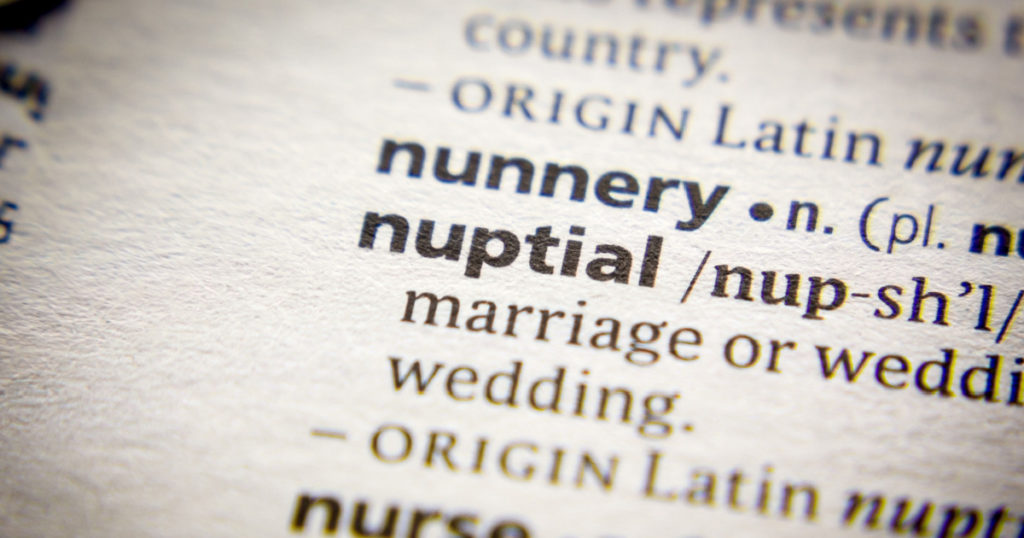
The word “nuptial” is pronounced as /ˈnʌpʃəl/ or “nupshl.” It is used to describe something concerning marriage, such as nuptial vows or nuptial ceremonies. Both pronunciations are correct and can be used to convey the concept related to marriage.
Read: Mom sparks war of words after spotting ‘exaggerated’ lips on Black doll
20. Onomatopoeia:
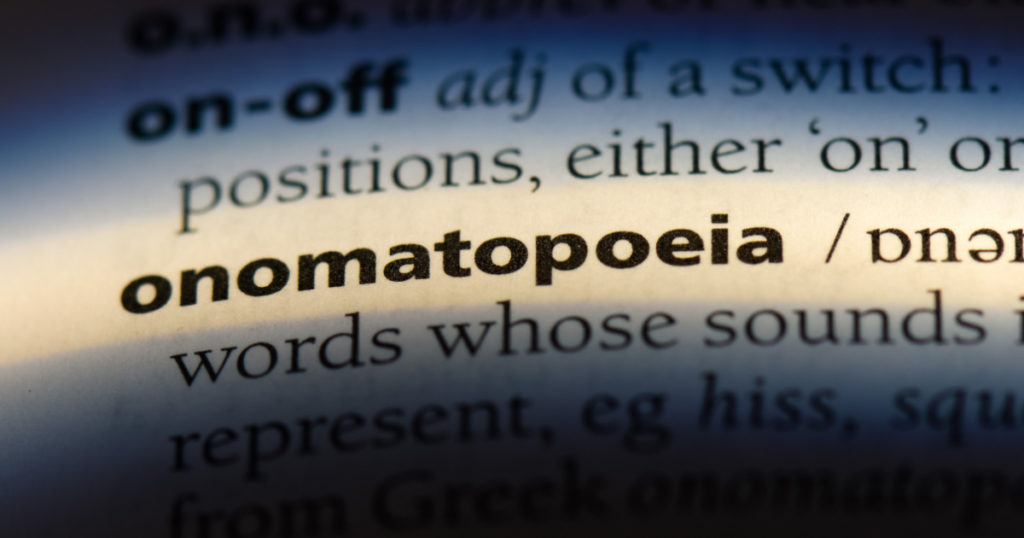
“Onomatopoeia” is a hard word due to its mass of vowels. The ending “-poeia” is pronounced simply as [pee–uh], with the “O” being silent. The correct pronunciation of “onomatopoeia” is [on-uh-mat-uh–pee–uh].
21. Pronunciation:
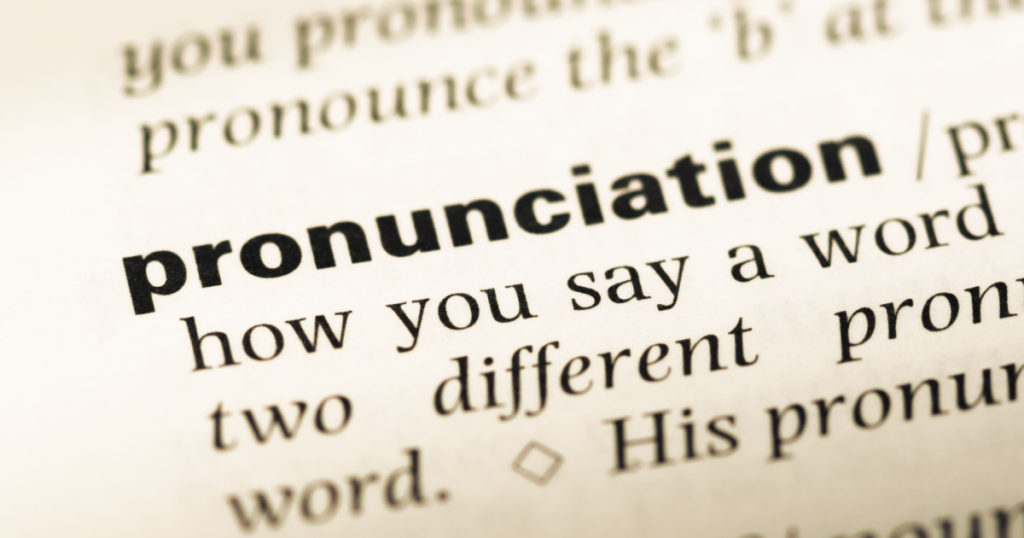
The word “pronunciation” is pronounced as /prəˌnʌnsiˈeɪʃ(ə)n/ or “proh-nun-see-ay-shun.” It refers to the way you say a word, including the correct articulation and accent. Both pronunciations are correct, describing the act of vocalizing words correctly.
22. Remuneration:

A common mistake is to swap the easily confused M and N sounds in “remuneration.” This word, originating from the Latin “mūnus” meaning “gift,” should be pronounced as [ri-myoo-nuh–rey-shuhn].
23. Rural:
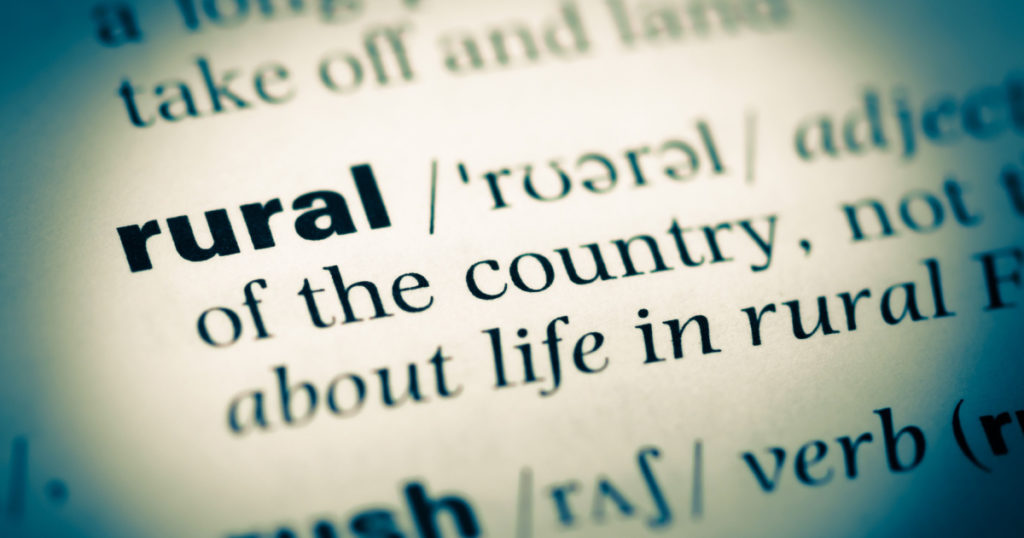
Similar to words like “juror” and “murderer,” “rural” can be difficult due to its multiple R sounds. It is pronounced as [roor–uhl].
Read: 50 Of The Creepiest Things Kids Have Said That We Do Not Recommend Reading Alone
24. Schadenfreude:
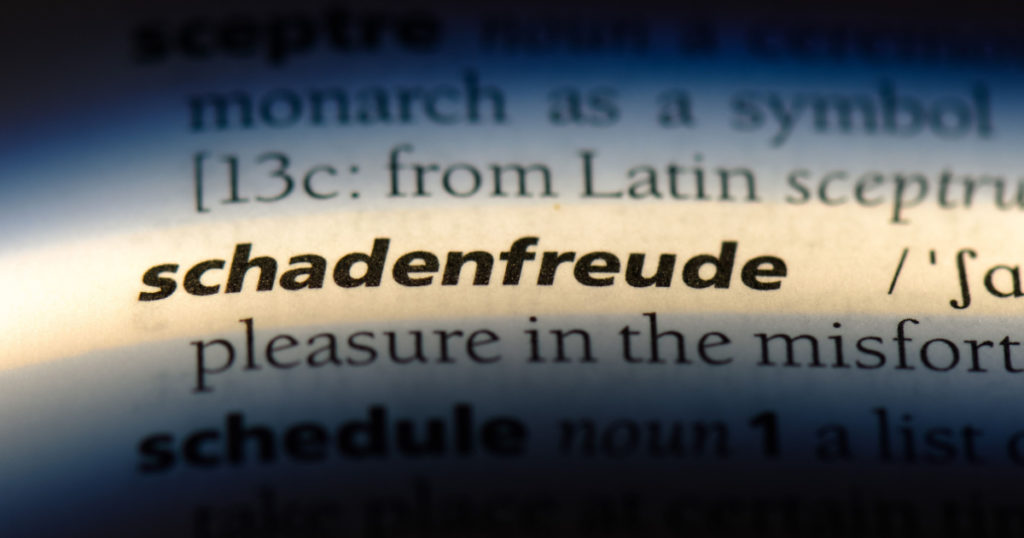
“Schadenfreude” is a loanword from German and means “satisfaction or pleasure felt at someone else’s misfortune.” Its pronunciation, following the German pattern, is [shahd-n-froi-duh].
25. Scissors:
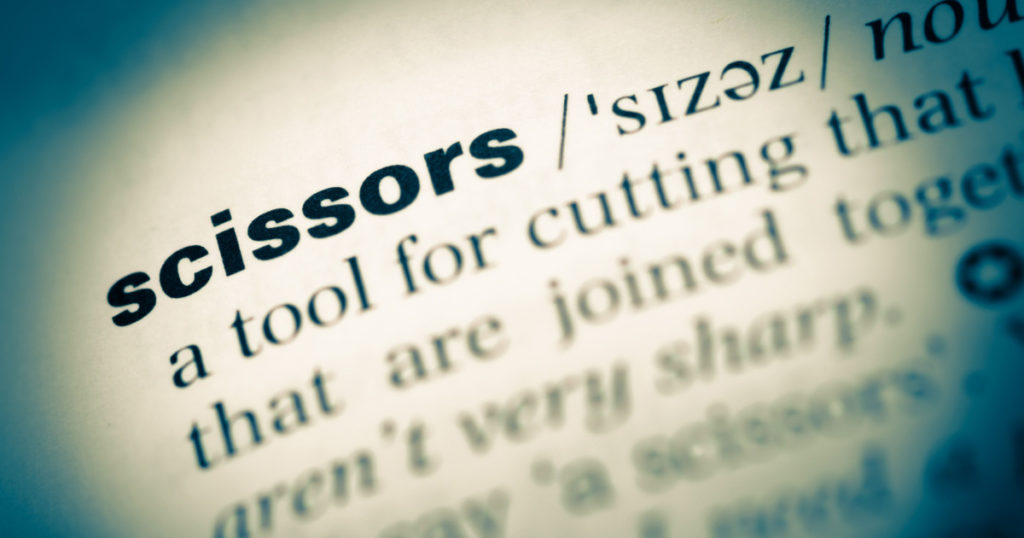
Just as in the case of “accessory,” there’s some confusion about whether the “C” in “scissors” is a “hard C” or a “soft C.” The “SC” in “scissors” is pronounced simply as [s], making the correct pronunciation [siz-erz].
26. Specific:
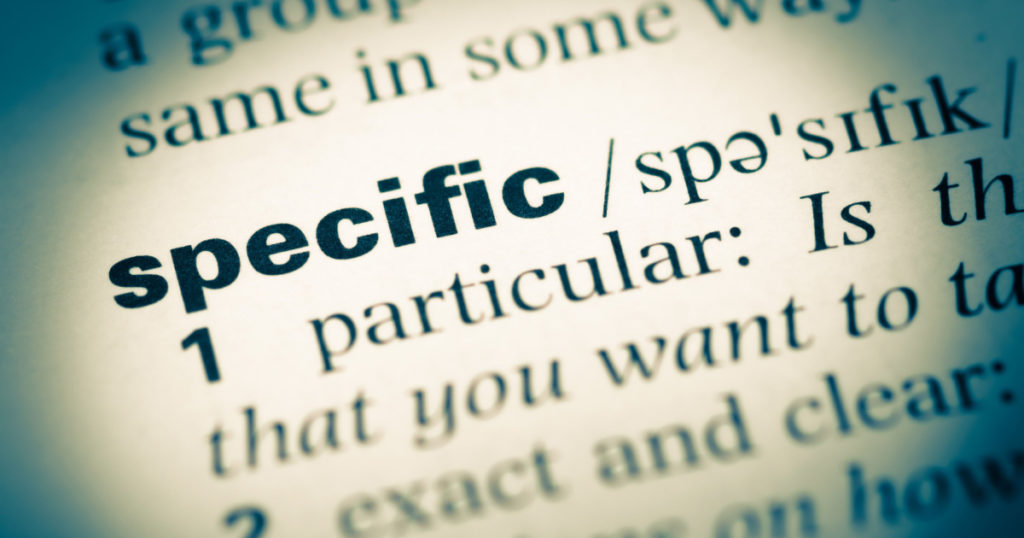
People sometimes swap the “S” and “P” sounds in “specific,” making it closer to the word “Pacific.” However, the word is pronounced with the sounds in the order they appear: [spi-sif-ik].
27. Squirrel:
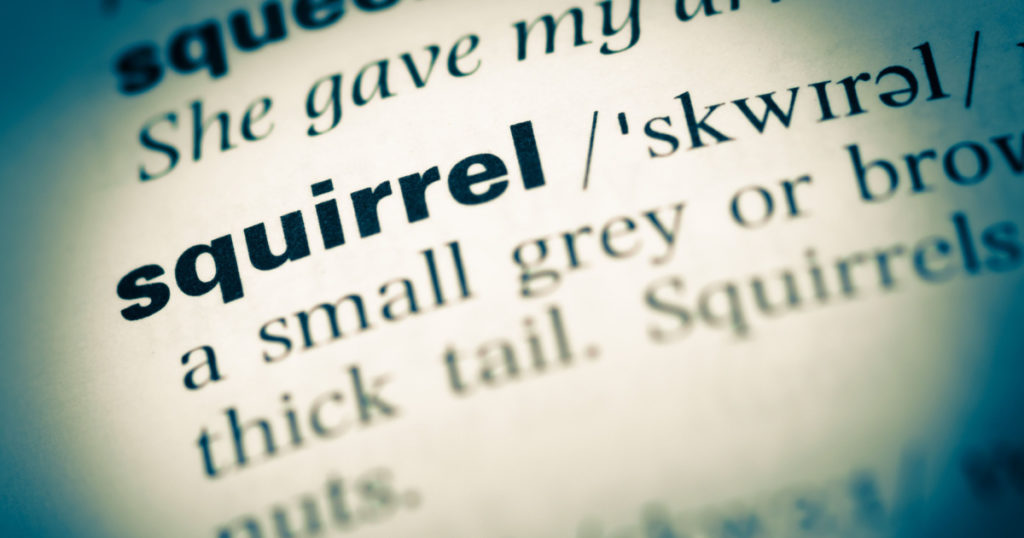
“Squirrel” is often challenging to pronounce, especially for non-native English speakers, who might add an additional [uh] sound. Remember that this word has only two syllables: [skwur–uhl].
Read: It’s science: Reading Aloud to Your Kids Makes Them Smarter and Kinder
28. Supposedly:
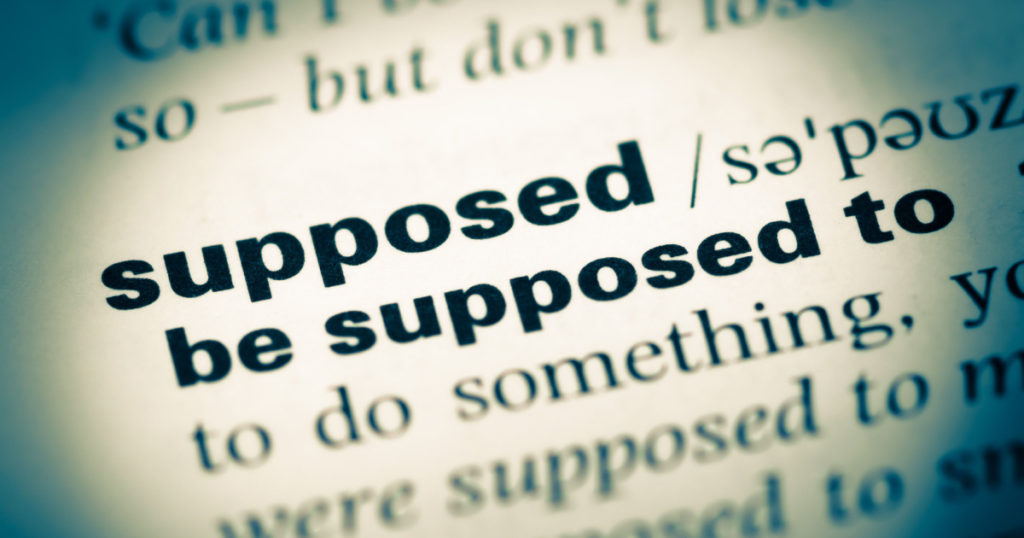
The “-edly” ending in “supposedly” often leads people to swap it out for the more common “-ably.” However, the word should be pronounced as written, making the correct pronunciation [suh–poh-zid-lee].
29. Synecdoche:
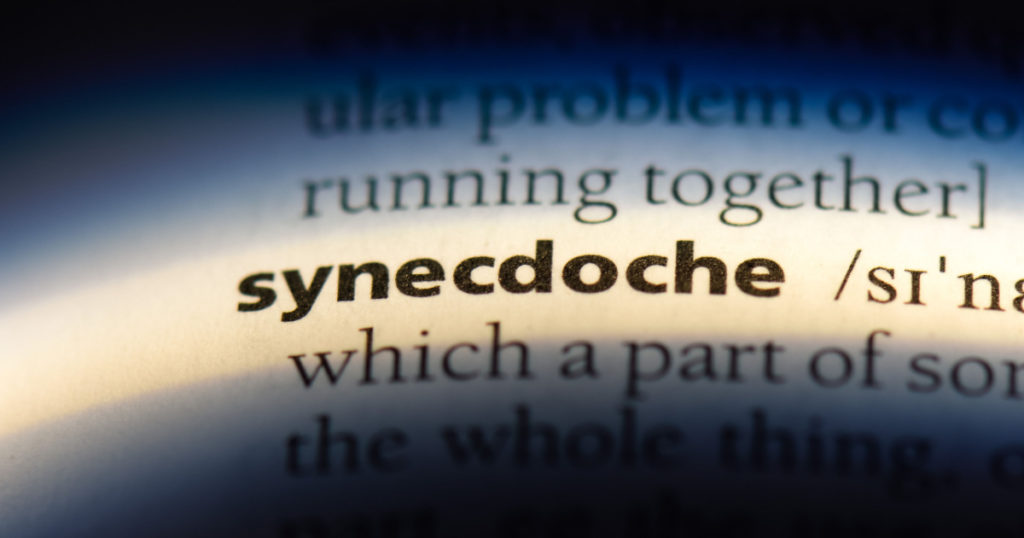
“Synecdoche” can be a tongue-twister, and its spelling is equally tricky. This word comes from the Greek “synekdochḗ.” The first “C” and the “CH” in “synecdoche” are both pronounced as hard “K” sounds. The correct pronunciation is [si-nek-duh-kee].
30. Worcestershire (sauce):
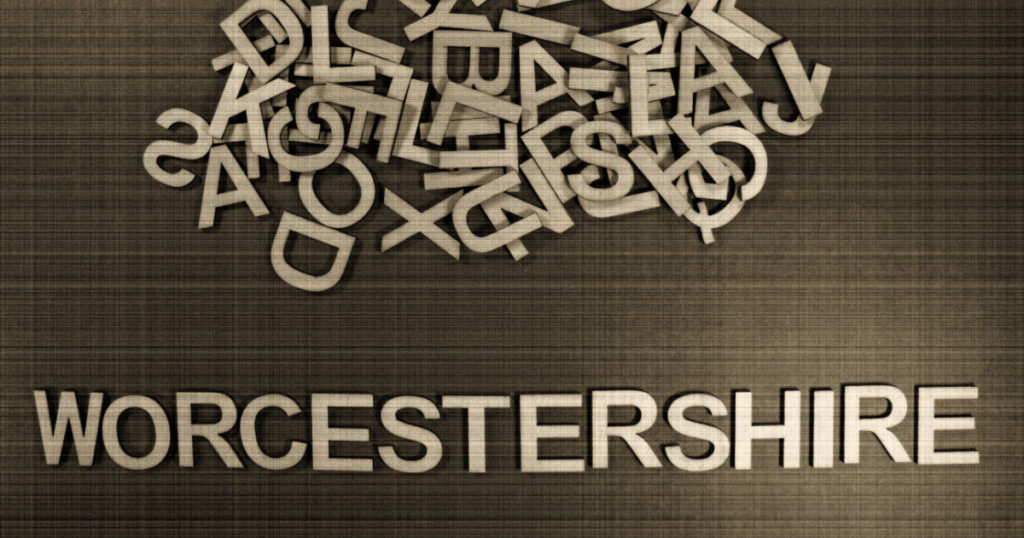
Worcestershire sauce is a well-known condiment, and its pronunciation can be arcane. In British English, the pronunciation of place names can vary, but for “Worcestershire,” it is generally pronounced as [woos-ter-sheer].
31. Vocabulary:
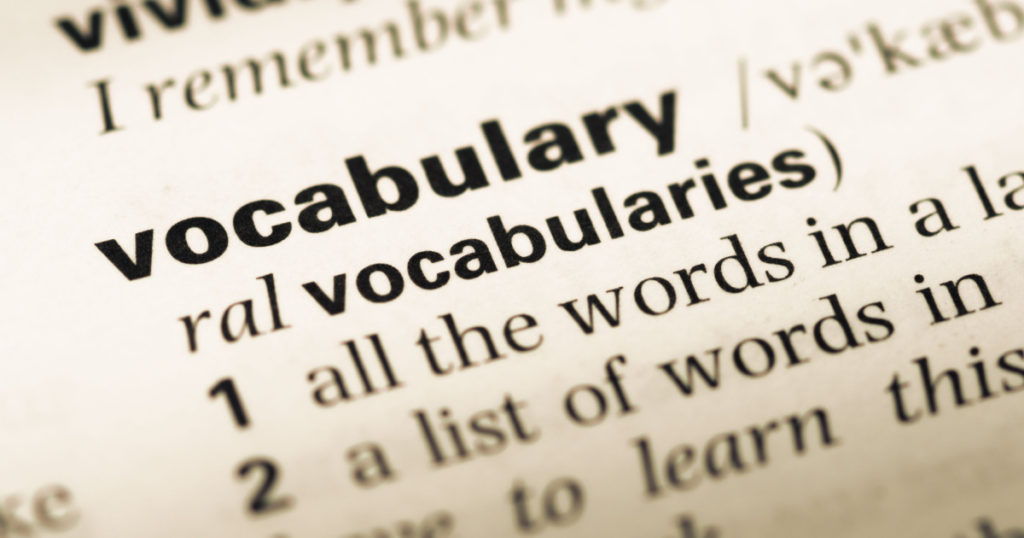
Ironically, one of the most difficult vocabulary words to pronounce is “vocabulary” itself. People often mispronounce the “U” as [uh], but it should make a [yuh] sound. The correct pronunciation of this word is [voh-kab-yuh-ler-ee].
Keep Reading: 25 of the Funniest Kid’s Drawings Gone Horribly Wrong
Sources
- “7 Really Hard to Pronounce Words in English.” Your Dictionary. April 28, 2020
- “The 31 Most Hard-to-Pronounce Words in the English Language.” Good Housekeeping. Caroline Picard. July 21, 2017
